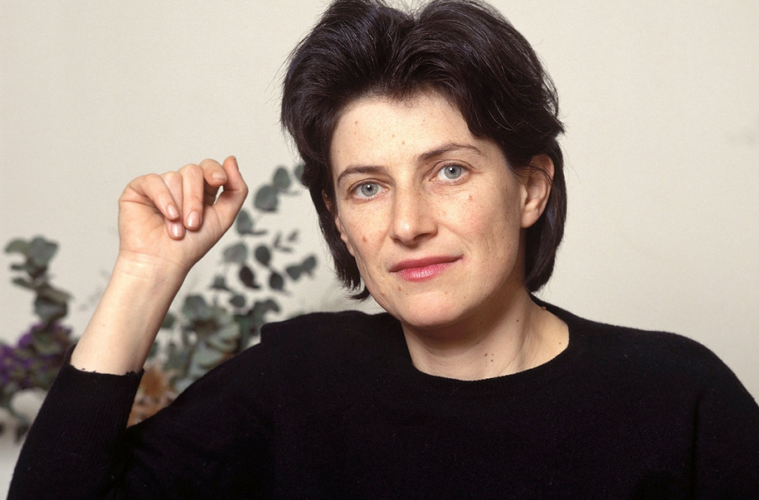
Dailies is a round-up of essential film writing, news bits, videos, and other highlights from across the Internet. If you’d like to submit a piece for consideration, get in touch with us in the comments below or on Twitter at @TheFilmStage.
Following the tragic passing of Chantal Akerman, we’re dedicating today’s Dailies to highlighting some of the best tributes and interviews.
Chantal Akerman, From Here, an hour-long conversation with the director:
Update: it has been removed, but you can stream it here.
Scout Tafoya at RogerEbert.com:
She was very short, had serious, beautiful, sunken eyes, her voice was low and raspy and it flowed out of her like a thick current. It was winter 2013 and she was reading from her memoirs in a black box theatre in Chelsea, while her latest photography exhibit played on a loop upstairs. The story she told was of unbearable melancholy. A woman, in her 60s, trying to learn how to date online, and having her heart broken when the object of her affection refuses to be open with her, to write back. She was a titan, a queen, she had helped invent modern cinema without anyone helping her, and here she was, so small and fragile in front of an audience who couldn’t do her the kindness of staying to the end of her talk.
An interview from Venice 2011:
Robert Greene at BFI:
The first shot of my movie Actress is of my star, Brandy Burre, doing the dishes with her back to the camera. The shot is a visual quotation, a direct reference to Chantal Akerman’s 1975 domestic masterpiece Jeanne Dielman, 23 quai du Commerce, 1080 Bruxelles. Akerman’s influence on me is absolute; I could only hope to create something with an ounce of the bravery and cinematic urgency that her films possess. She was one of my biggest cinematic heroes. Monday night she apparently committed suicide at the age of 65. This loss feels spectacularly present.
An interview from November 2013:
Kent Jones at The Film Society:
I’m not going to write anything official about Chantal Akerman, whose films and whose being were in fierce opposition to grand pronouncements and self-advertisements and protective barriers of all kinds, whether they were concocted from images or words or a pretty combination of both. She had a horror of clichés and neat formulations, and it seems to me that she was always trying to wriggle out of the straitjacket of such size-ups and classifications as feminist, structuralist, leftist, or “essentially” Jewish, even when they were made in her favor.
Chantal Akerman reflects on her debut:
J. Hoberman at The New York Times:
In “Jeanne Dielman,” Ms. Akerman created a unique spectacle as well as a strong statement on women’s assigned roles and designated space. The film took its narrative rhythm from Jeanne’s daily chores — cleaning, folding, tidying, cooking and shopping. Her activities are framed head-on and occur largely in real time. Unexpectedly, “Jeanne Dielman” is also an exercise in narrative suspense. The ordinary becomes supercharged, and the protagonist’s routine so familiar that the viewer senses something amiss when she forgets to place the cover on the soup tureen where she keeps her earnings.
An interview from 2008:
Nick Usen at Criticwire:
What does it mean to watch your loved ones slowly succumb to the rigors of time? How on earth does one capture the fleeting essence of a parent’s very being? Is one able to suddenly capture a lifetime of stories once a person’s biological clock begins to run out? Will those stories even matter once the storyteller has departed this mortal coil? These are just a few of the challenging questions that form the bedrock of Chantal Akerman’s latest cinematic document, “No Home Movie.” They are also questions that I have pondered and continued to grapple with since my father succumbed to prostate cancer when I was sixteen.


